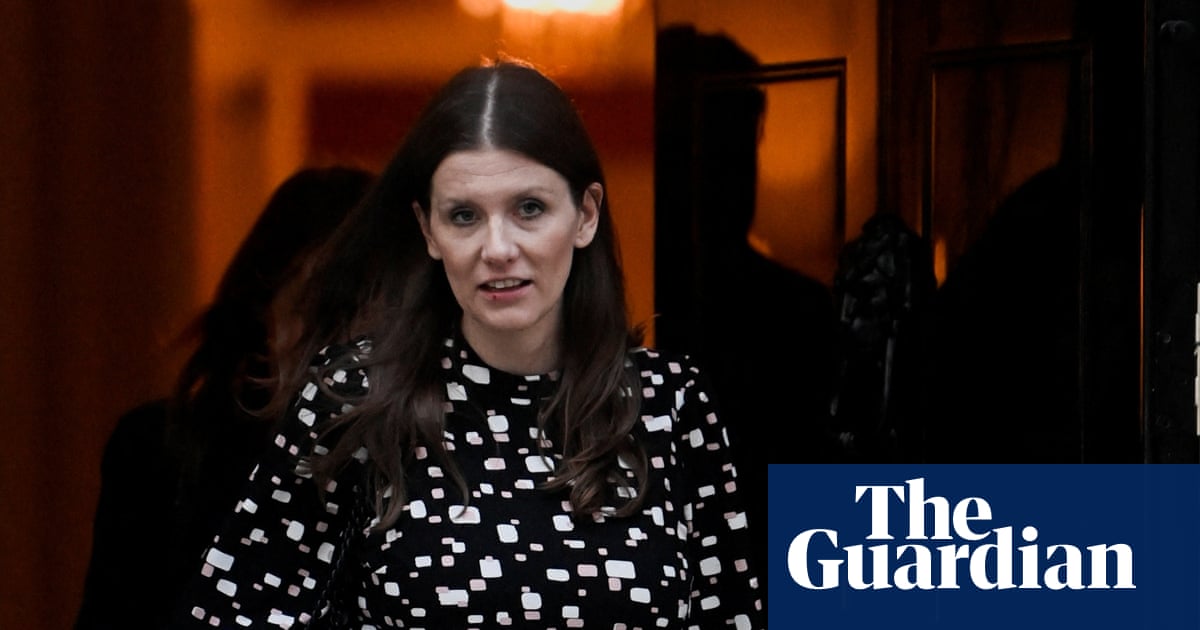
The government’s new science minister has said the UK is “more than ready to go it alone” if there is no resolution to the stalemate over taking part in the EU’s flagship research programme.
Brussels has so far blocked Britain’s requests to join the €100bn (£88.6bn) Horizon Europe programme because of a dispute over the Northern Ireland protocol, leading UK ministers to draw up contingency plans for collaborations outside the bloc.
Michelle Donelan, the secretary of state for the newly created Department for Science, Innovation and Technology, said she was prepared to snub the EU programme and push ahead with an alternative alliance with the US, Switzerland and Japan.
Uncertainty over funding has driven some UK scientists to relocate to countries where they can still qualify for Horizon Europe grants.
Meanwhile, institutions such as Oxford and Cambridge have witnessed a collapse in European research funding. The two universities once received more than £130m a year from European research programmes but are now getting only £1m annually between them.
Researchers in Britain have a strong track record for winning EU grants, prior to Brexit receiving about £1bn a year from EU funding programmes. But the failure to associate with Horizon Europe has left many in the community in despair, despite government reassurances of support.
Writing in the Telegraph, Donelan said: “If we cannot associate, we are more than ready to go it alone with our own global-facing alternative, working with science powerhouses like the US, Switzerland and Japan to deliver international science collaborations. I will not sit idly by while our researchers are sidelined. The time for waiting is quickly coming to an end and I will not shy away from striking out alone.”
Her comments come amid speculation that ministers are working on a deal to reduce the red tape around trade between Great Britain and Northern Ireland. On Friday, the government and the EU reiterated their commitment to finding “joint solutions” to the differences around the Northern Ireland protocol, which was agreed in 2019.
Donelan’s statement marks the first announcement to come from the new science department created in the prime minister’s cabinet reshuffle last week. While senior researchers welcomed the department and Donelan’s post at the heart of government, many stressed that her first task had to be ensuring the UK associated with the Horizon Europe programme.
James Wilsdon, a professor of research policy at UCL, said: “While it’s sensible that Michelle Donelan is ramping up preparations for life outside Horizon Europe, she needs to temper her ‘plan B’ hubris with a dose of realism. As any researcher knows, you can’t simply swap out one set of collaborative relationships, built up over decades, for new and different ones elsewhere – particularly as a product of political diktat. That’s not how science works.
“There’s no scenario in which life outside Horizon will be good for UK science. The sooner ministers stop pretending that it could be, and drop the ‘science superpower’ froth in favour of a level-headed assessment of UK options and priorities, the better. The policy goal should remain association. In absence of that, it’s all about damage limitation.”
After the announcement of the department, Prof Dame Anne Johnson, the president of the Academy of Medical Sciences, said the UK “urgently” needed to resolve and strengthen its position around international funding.
She said: “The scientific community strongly believes that association to the Horizon Europe funding programme is best for research in the UK and in Europe, and will improve health for all. We urge the new secretary of state to seize the opportunity to secure this outcome. It will send a strong message that the UK is open for business and remains a premier destination to work on health research that improves lives.”
Sir Paul Nurse, the director of the Francis Crick Institute, said the new department was “highly welcome” given the government’s stated ambition of making the UK a “science superpower”. But he added: “A first step will be to deliver government policy to safeguard our longstanding and valuable research relationships with the rest of Europe through association with Horizon Europe, which will be possible if there is agreement over the Northern Ireland protocol.”












